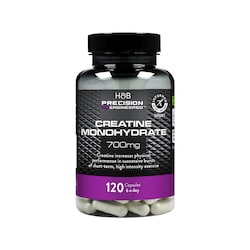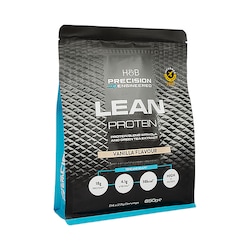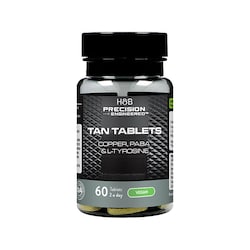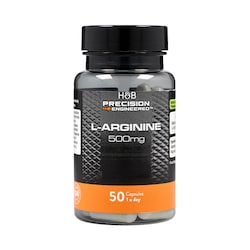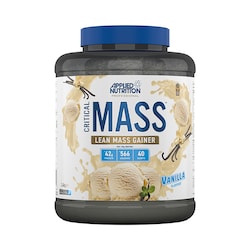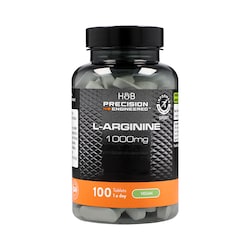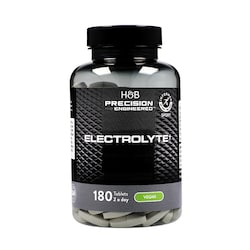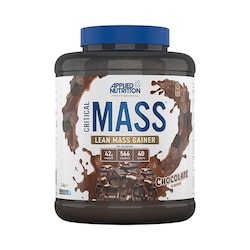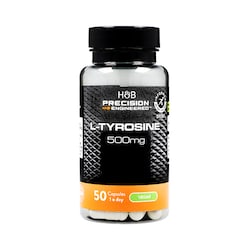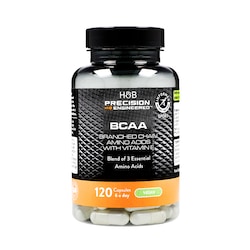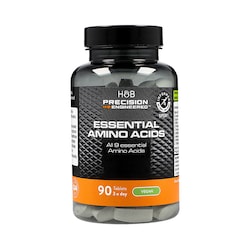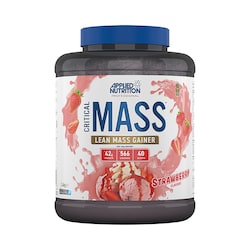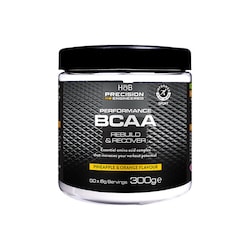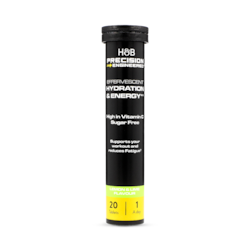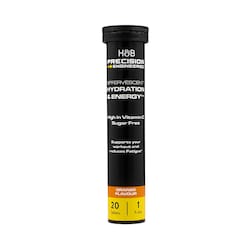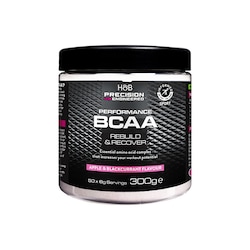15% off £30 OR 20% off £40
Sports Nutrition Shop All
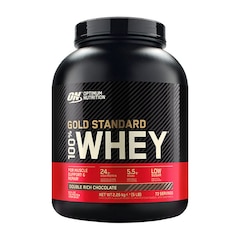
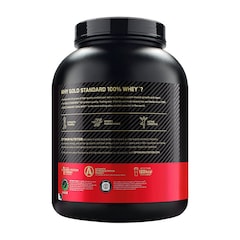
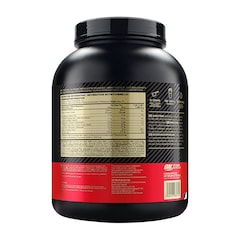
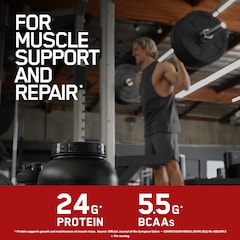
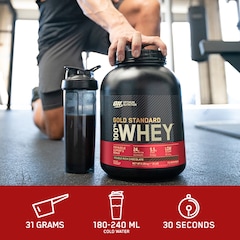
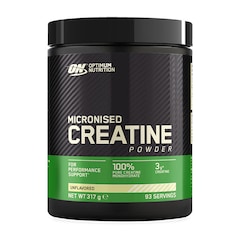
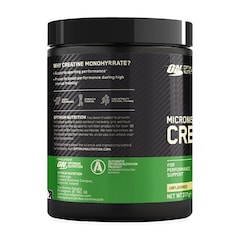

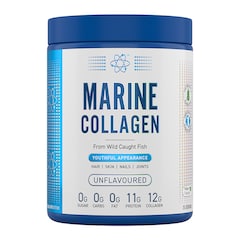
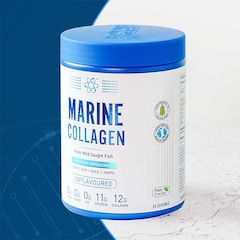
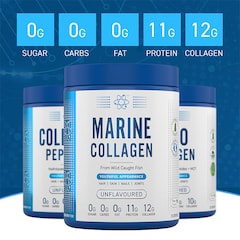
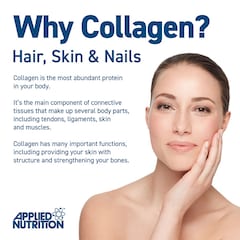
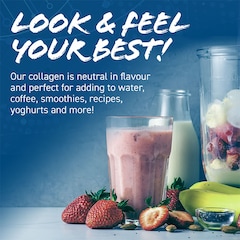
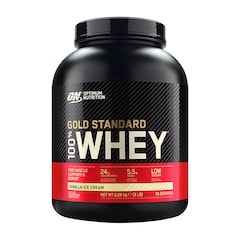
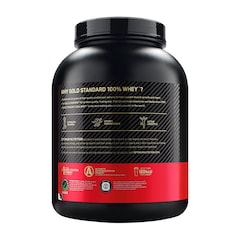
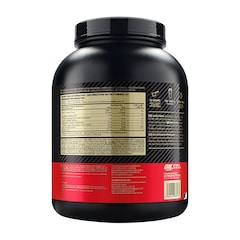
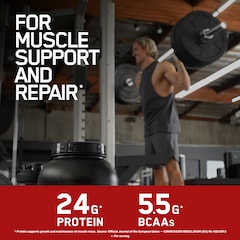
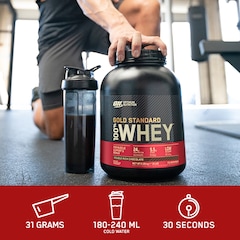
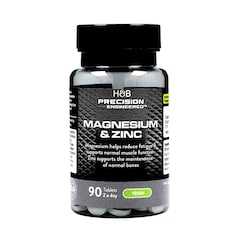
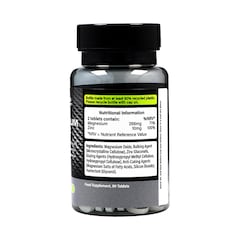
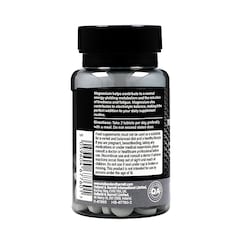
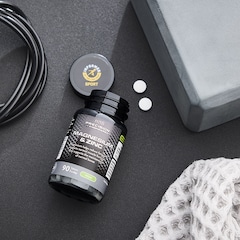
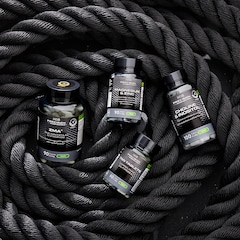
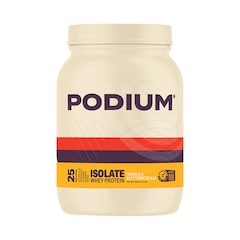
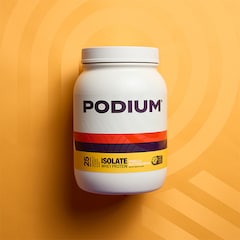
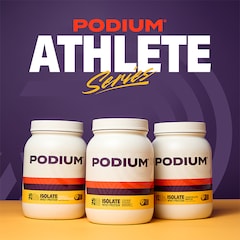
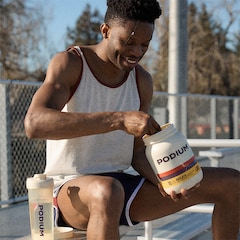
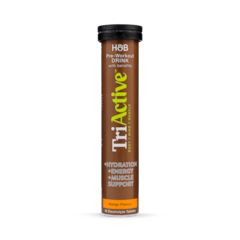
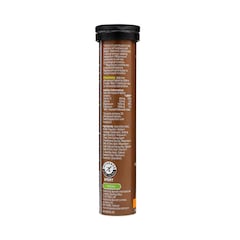
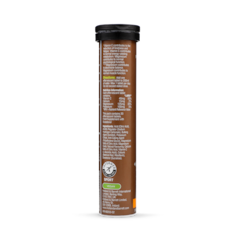
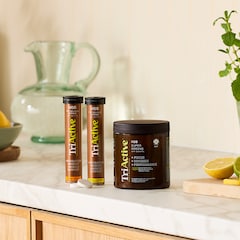
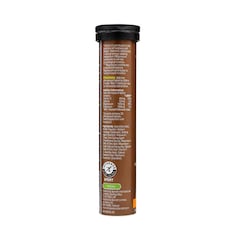
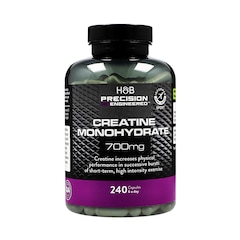
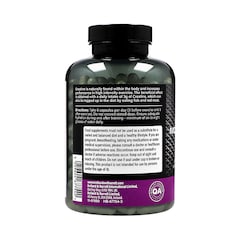
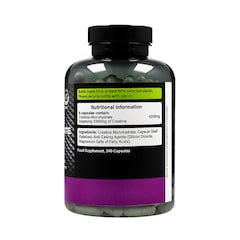
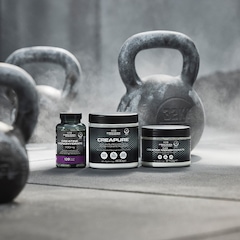
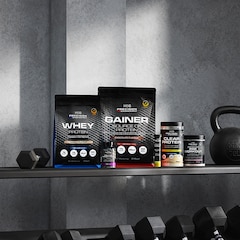
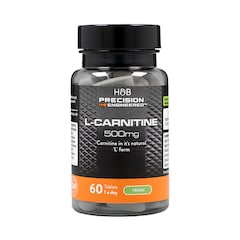
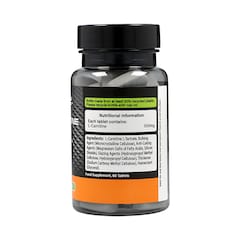
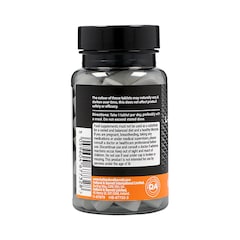
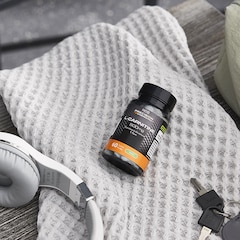
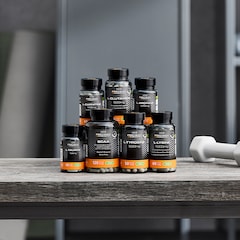
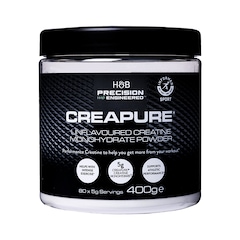
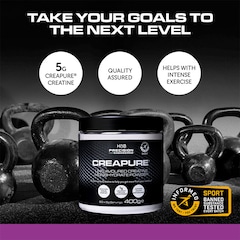
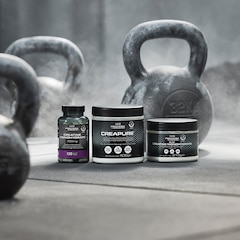
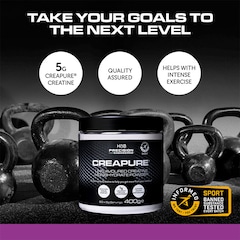
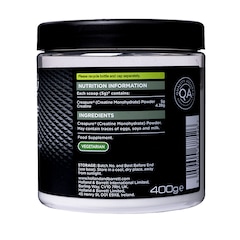
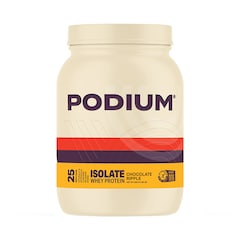
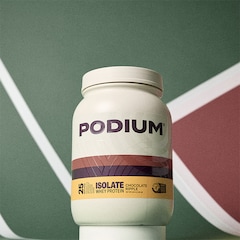
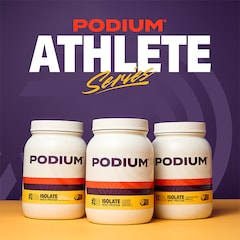
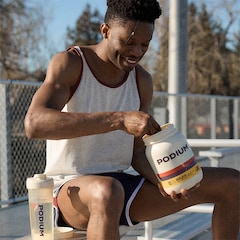
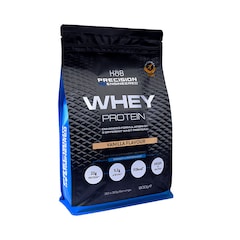
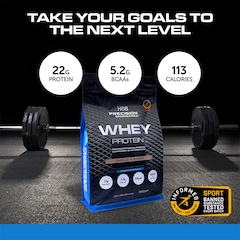
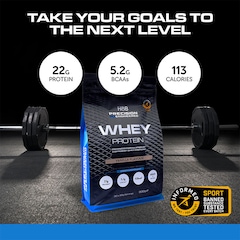
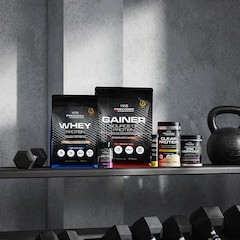
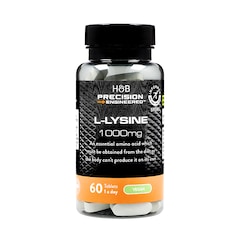
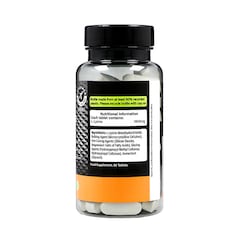
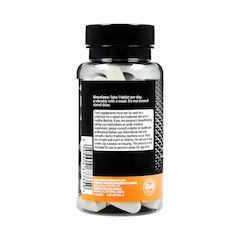
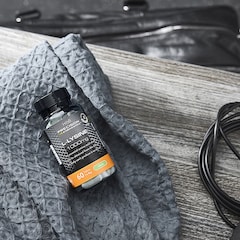
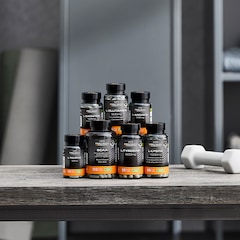
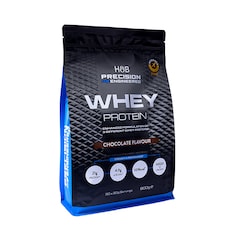
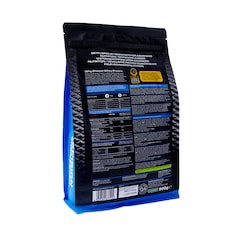
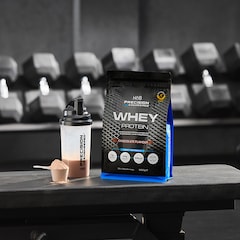
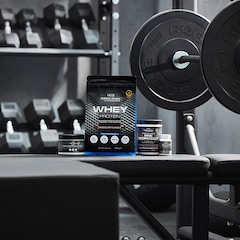
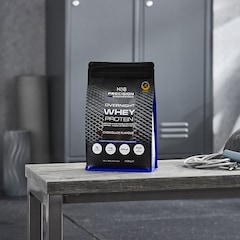
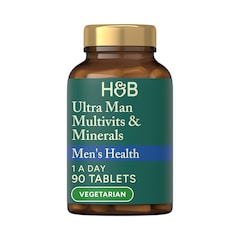
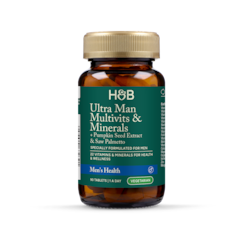
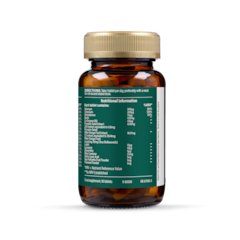
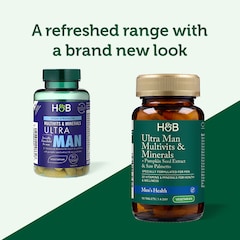
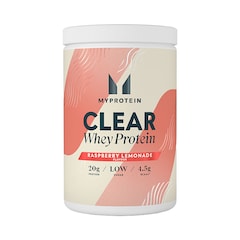
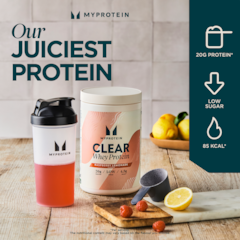

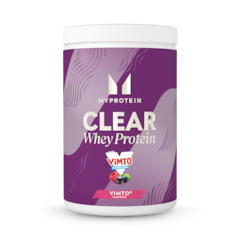
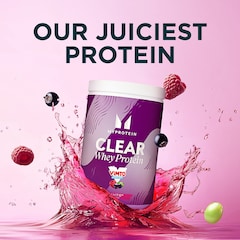
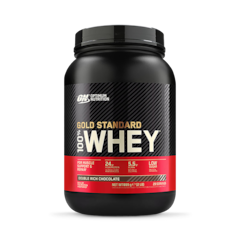
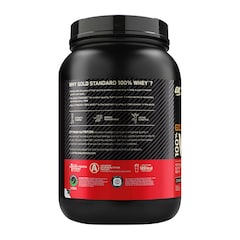
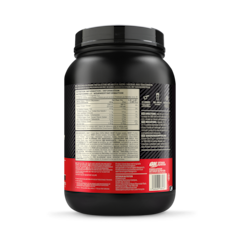
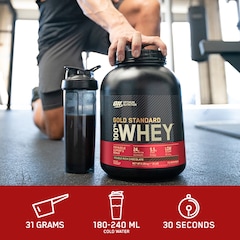
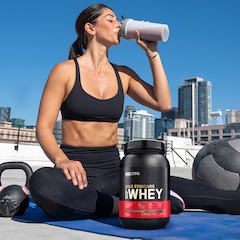
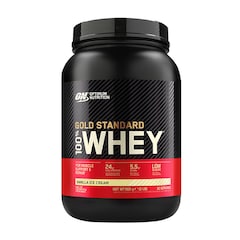
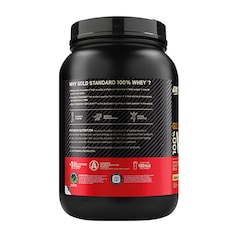
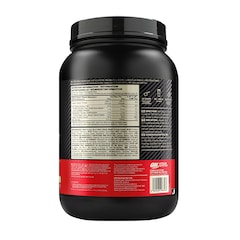
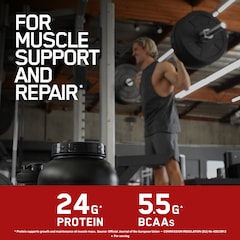
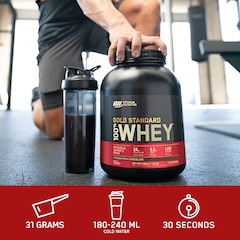
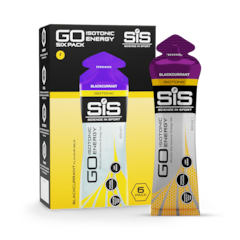
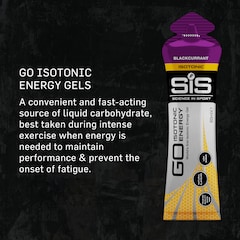
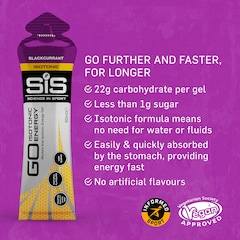
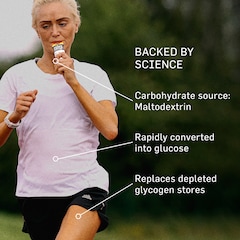
Shop All Sports Nutrition from Holland & Barrett
Whether you push your body to the limit with heavy weight-lifting, do a little gymnastics in your spare time, or are pumping out the cardio to lose a few pounds, staying on top of your nutrition is key to achieving the best results possible. We know you are busy people who don’t always have time to prep perfectly nutritious meals. That’s why Holland & Barrett have a huge range of powder protein shakes, pre-workout drinks, gym supplements, healthy energy drinks, and more.
Helping you to be the best you can be
In a world of ‘don’t eat this’ and ‘only eat that’, it can be hard to get your head around what your body actually needs to perform at its best. When you forget about faddy diets and all the obscure rules that are touted, it all comes down to macronutrients, micronutrients, and a whole lot of H2O.
What are macronutrients?
Macronutrients are the food pillars that keep your body and mind going day after day: carbohydrates, proteins and fats.
-
Carbohydrates: the body’s main form of energy, carbs are often demonised in the fitness world, but if you want to enjoy a balanced diet, they’re absolutely essential. In fact, they should make up 45-65% of your diet. Choose nutrient-rich wholegrains like quinoa, oats, wholemeal bread, brown rice, rye, etc. instead of refined sugars and simple carbs to feel fuller for longer
-
Protein: also known as the ‘building blocks’ of the body, protein is needed to make enzymes, tissues and hormones. You can split them into two different categories: non-essential amino acids (your body can make them) and essential amino acids (your body can’t make them). Your diet should be made up of 15-30% of protein. Good sources of protein include white meat, fish, dairy, soya, wholegrains and nuts.
-
Fats: important for healthy brain development and brain function, fats help with cell generation and function. Fats should make up 15-20% of your diet. Healthy sources include hemp oil, coconut oil, almonds, chia seeds, avocados, oily fish and olives.
What are micronutrients?
Now you’ve met the big guys of nutrition, meet the little guys: micronutrients. These are all the vitamins and minerals found in food and drink that our body needs to function at its best. Everything from energising B vitamins to muscle-maintaining vitamin D.
What should I eat before a workout?
It is generally recommended that you eat a normal-sized meal 2-3 hours before any workout. If you want to eat up to an hour before your workout, a pre-workout snack like a banana or energy bar with a high carbohydrate content and some protein could help.
Pre-workout shakes, energy drinks and energy gels are also a great option if you don’t have time to prepare natural energy-boosting meals.
What should I eat after my workout?
What you put into your body after your workout is just as important as what you put in before. When you exercise, your muscles use glycogen as energy and some of the proteins in your muscles get damaged and broken down. After your workout, your body will get straight to work trying to replenish its glycogen stores and regrow muscle proteins. You can help it along with what you eat after.
Protein comes in many shapes and sizes and is essential for building muscles after a workout. You can take diet protein shakes which are high in protein and low in calories to gain lean muscle, mass gainer protein shakes to put on weight and muscle, and protein bars for a quick and easy post-workout snack.
Creatine powder can also be very effective for improving athletic performance. It is naturally produced in the body and kicks in when you perform short-term, high intensity exercises. But sometimes your body doesn’t make enough, which is why a supplement could be a great idea.
How can amino acids support my workouts?
BCAA (branched chain amino acids) supplements are very useful for active people but, sadly, cannot be made in your body and must be consumed as food or drink, or supplemented.
There are three BCAAs: valine, isoleucine and leucine, which collectively make up approximately one third of the body’s skeletal muscle.
Other amino acids that can help support your workouts are arginine, beta alanine, glutamine, carnitine and HMB.

)
)
)
)
)
)
)
)
)
)
)
)
